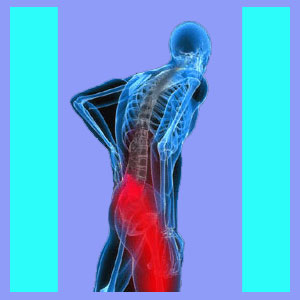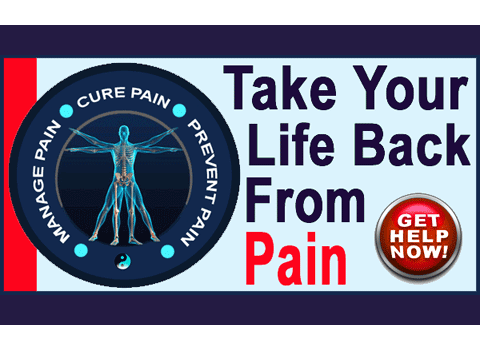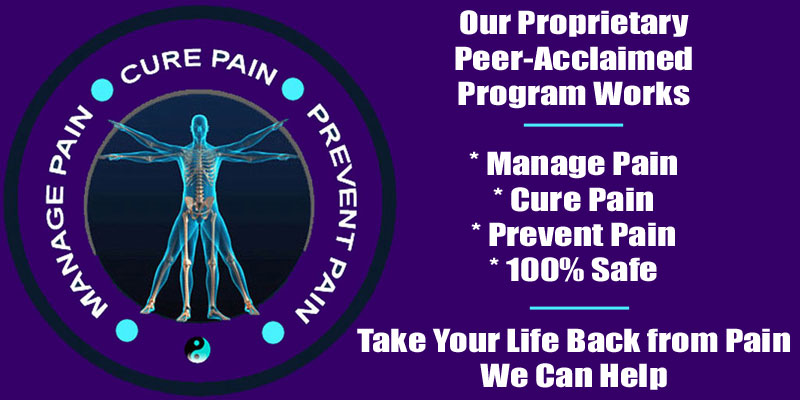
Morning sciatica describes symptoms which occur when a person first wakes up or when they first get out of bed. Starting the day off with pain is no recipe for happiness or success, so it is no surprise that patients who experience morning lower back and leg pain dread going to bed each and every night. After all, they know what agony the morning will bring.
It is rare for structurally-induced sciatica to present its worst symptoms in the morning, since most structural conditions are relieved after a estful night’s sleep. However, it is surely possible that structural pain can become exacerbated occasionally while sleeping. If this happens every night, a clue may be provided towards a mistaken diagnosis if the symptoms have been blamed on arthritis or a disc pathology.
One of the more prevalent and logical reasons to explain chronic morning sciatica symptoms is surely regional ischemia, typically linked to a subconscious process which is activated when the patient is sleeping. This is not an absolute, but is a common occurrence worth considering.
Morning Sciatica Causes
As previously mentioned, oxygen deprivation is one of the most common sources of early morning chronic sciatica symptoms. When we sleep or recline to rest, ischemia in the lower body is generally aggravated, since the lower limbs receive even less blood when supine, prone or fetal. Elevating the legs is sure to reduce circulation and therefore, oxygenation, which will escalate a preexisting ischemia condition, enacting sciatica pain in the lower back, buttocks, legs and feet.
It is also possible for a structurally-induced pain syndrome to occasionally be worsened after sleeping in a strange sleeping position, but chronic morning pain is almost unheard of for spinal causations.
Some muscular concerns may also be held accountable, but these will usually enact symptoms for a few days or weeks, at most. The idea that a soft tissue condition might cause months or years of morning pain is usually quite illogical.
Sciatica Pain Early in the Day
If you have been suffering with sciatica in the morning for some time and have not considered the possibility that your pain is ischemic, now is the time to start. Your doctor may or may not have discussed this possibility with you, since most oxygen deprivation pain syndromes are linked to a psychosomatic source. This is unfamiliar territory for most physicians and actually goes against the generally Cartesian philosophy exemplified by today’s healthcare industry.
The cure for most mindbody ischemia conditions is possible to enact using knowledge therapy. Many patients never consider this path, and instead, simply focus on changing their sleeping conditions, often at a tremendous financial cost. Most will purchase a new mattress, some fancy pillows or a cushion or two to place in between their legs or under their lower back. These efforts might provide creature comforts, which is fine, but are unlikely to cure any recurrent sciatica syndrome, expect possibly by the power of placebo alone.
Other patients choose to medicate their way to sleep and again in the morning to give themselves the ability to face the day with less pain. This is a very hazardous path and is always contraindicated, since it provides no ongoing solution and demonstrates significant health risks.
Morning Sciatica Assistance
Think logically. Rest is a time for the body to heal and recuperate. This has been a human reality since the dawn of our species and actually holds true for every other living thing on Earth. There is no reason why sleep or lying down should aggravate a structural pain condition in the vast majority of diagnosed patients.
Nevertheless, this type of pain occurs often and has most affected individuals running out to buy a new mattress, pillow or home remedy gadget to help them to wake up refreshed, instead of suffering. Instead, I would suggest that you first to look to a deeper and less obvious source than the condition of your current bed: Consider the subconscious mind.
Remember that when we sleep, the subconscious takes over and has its way with us. It is common for nightmarish dreams to bring on sciatica symptoms, even if we do not remember the dream when we wake. It is also true that most chronic pain conditions have a distinct mindbody component.
Some pain syndromes are sourced in the subconscious and exist simply to occupy the resources of our conscious mind, in an effort to prevent conscious recognition of repressed troublesome emotional issues. Others are actually physically-induced, but perpetuated or exacerbated due to psychological overlay.
If your pain comes on strong after what should be a restful night’s sleep, I advise that you might want to consider knowledge therapy as your new treatment of choice for morning sciatica. You can always buy a new bed if all else fails. For now, save your hard earned money.





